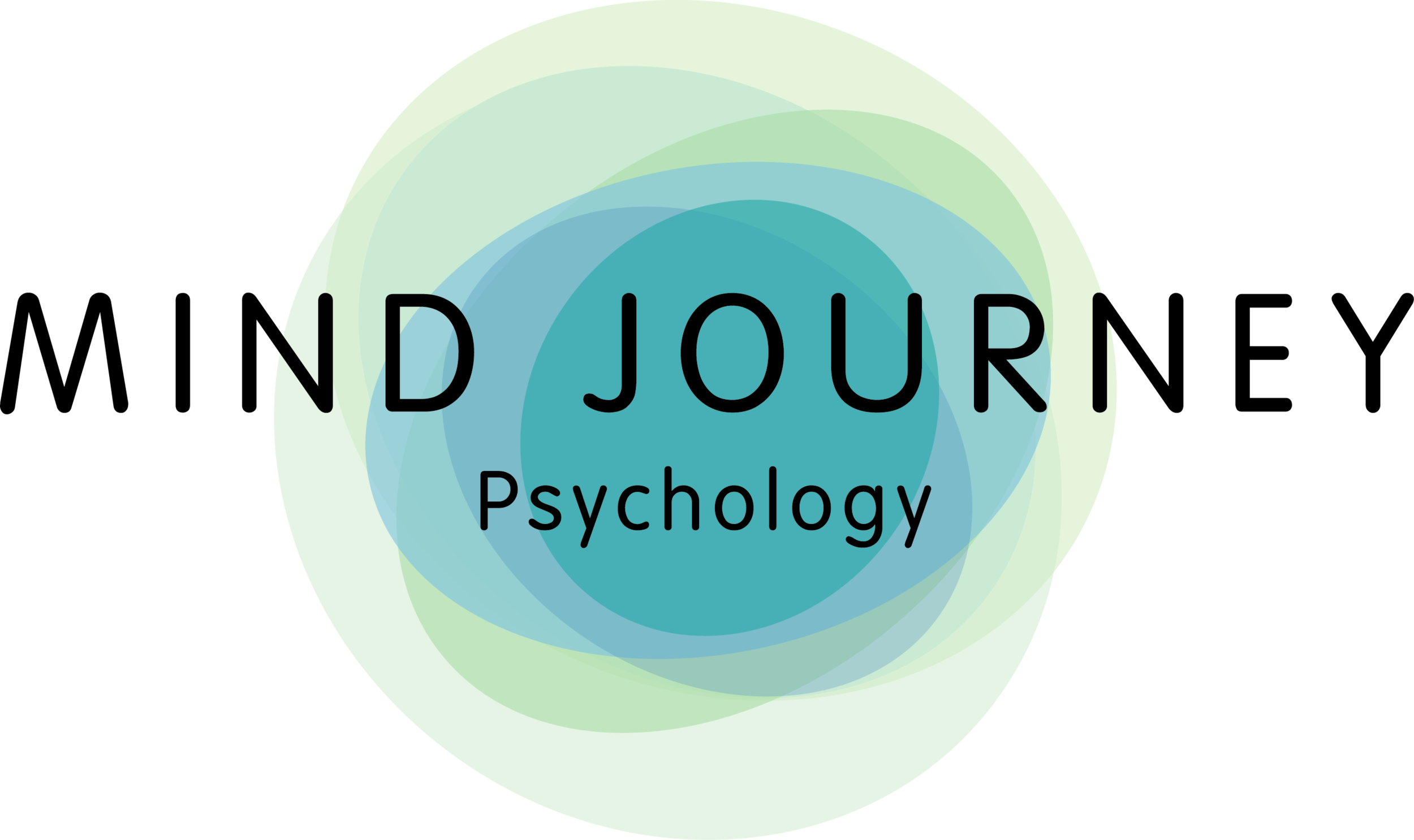Yoga and Psychology
Last weekend, I was lucky enough to spend some time away at a yoga retreat in the beautiful Australian bush. Not only was the retreat a great way to unwind, nurture my physical, mental and spiritual self, but it gave me some time to reflect on how yoga and psychology are so closely connected.
I started practising yoga in my late teens whilst at Uni. I remember finding it enormously beneficial. It gave me a chance to move my body whilst learning to relax my mind and taking some time away from the pressures of exams and assignments. I have continued to use yoga as exercise and strengthening for my physical body. The meditation side has helped quiet my mind.
When I first started studying psychology and then working as a psychologist, it seemed as though yoga practice was far removed from the science of psychology. However, in the last 10-15 years, psychology and science have come to incorporate much of the ancient wisdom of yoga and eastern philosophy into current therapeutic models. For example, ACT (Acceptance and Commitment Therapy) uses the principles of mindfulness and acceptance in their tools of assisting people to gain distance from intrusive thoughts and images. Mindfulness has become a common term used in psychology. It is a term used to describe being in the present moment and having awareness of your breath, body and surroundings using your senses. Breath and body awareness are terms used in yoga and help people to stay in the present moment even during difficult poses. This is like how ACT describes the idea of being present even with difficult emotions or thoughts.
I value my knowledge of yoga and psychology and after leaving the retreat felt inspired to bring this knowledge into the way I work with people and my own practice.
To find out more about Acceptance and Commitment Therapy, I highly recommend reading “The Happiness Trap” by Russ Harris.

